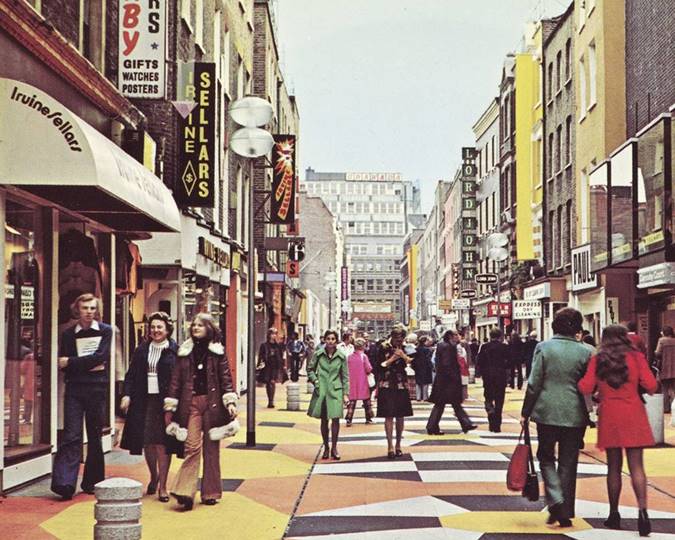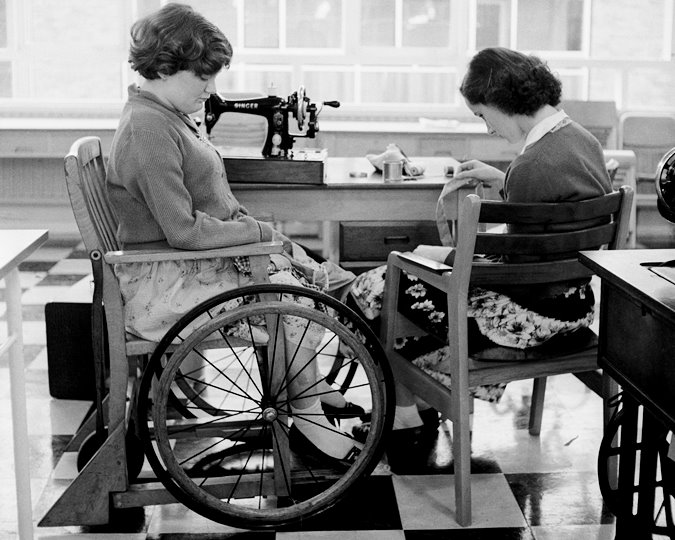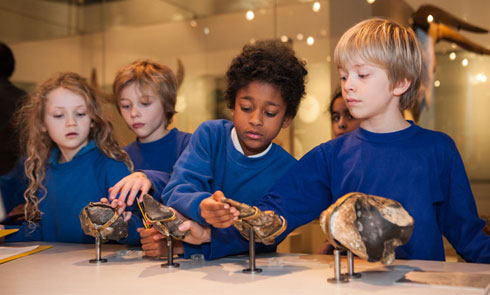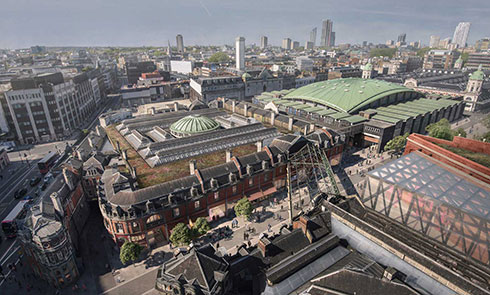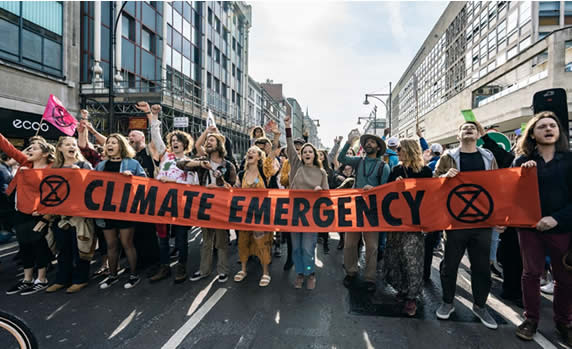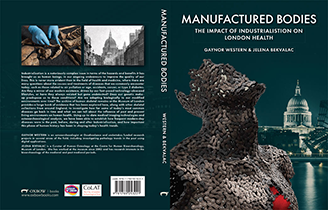What is industrialisation?
Industrialisation is complex. When you think of industrialisation, you might think of factories, the mass-production of cars or mobile phones, huge expanses of warehouses, forklift trucks and giant container ships.
Industrialisation involves a series of technological developments that improve production, helping humans to create more things faster, so we can have goods, foods and even medicines readily available and at cheaper prices. But it has far wider consequences.
What about the actual processes involved in industrialisation and their impacts on us as human beings?
Industrialisation has both material and social aspects because it impacts on how we live and work. Our living environments are both physical and social. Using machines to artificially create goods and food, we are controlling nature, living above and beyond it. We are creating a barrier to prevent ourselves being completely at the mercy of nature for our food and our homes, in order to live longer and improve our quality of lives. Creating a safety net against floods, famines and disease can be a positive, life-enhancing strategy but taken too far, it can also cause a disconnect between us and the natural world. It can have adverse effects on our health and psyche as human beings struggling to adapt to an artificial world of urban sprawl, traffic jams and fast food joints.
In other words, this new industrialised way of life can be highly beneficial in the short term but it can also have profound consequences on our physical and mental well-being if we find ourselves living and working in environments that are demanding, fragmented and stressful. What is the human cost of industrialisation?
Exhibition highlights at W1 of works by Seo Young Deok video
As the demonstrations and environmental protests at global climate summits such as COP26 illustrate, many people think we have got the balance wrong between industrialisation and nature, and that we need to urgently start protecting our planet and the natural world for a better future. Industrialisation often results in an over-production of goods, waste, pollution and the exploitation of natural resources, and sometimes people, in pursuit of profit. It involves dangerous working environments, hazardous machinery and long working hours that are harmful.
In Britain, the Industrial Period is usually considered to have happened between AD1750 and 1900. However, industrialisation was far from a uniform process across the UK and not all people living during this time experienced the same changes and living conditions. Here we will start to explore the physical impact of industrialisation on our bodies by looking at the evidence for fractures and trauma from before, during and after the Industrial period, based on archaeological human skeletal remains and modern day clinical records from our 22 sites.



